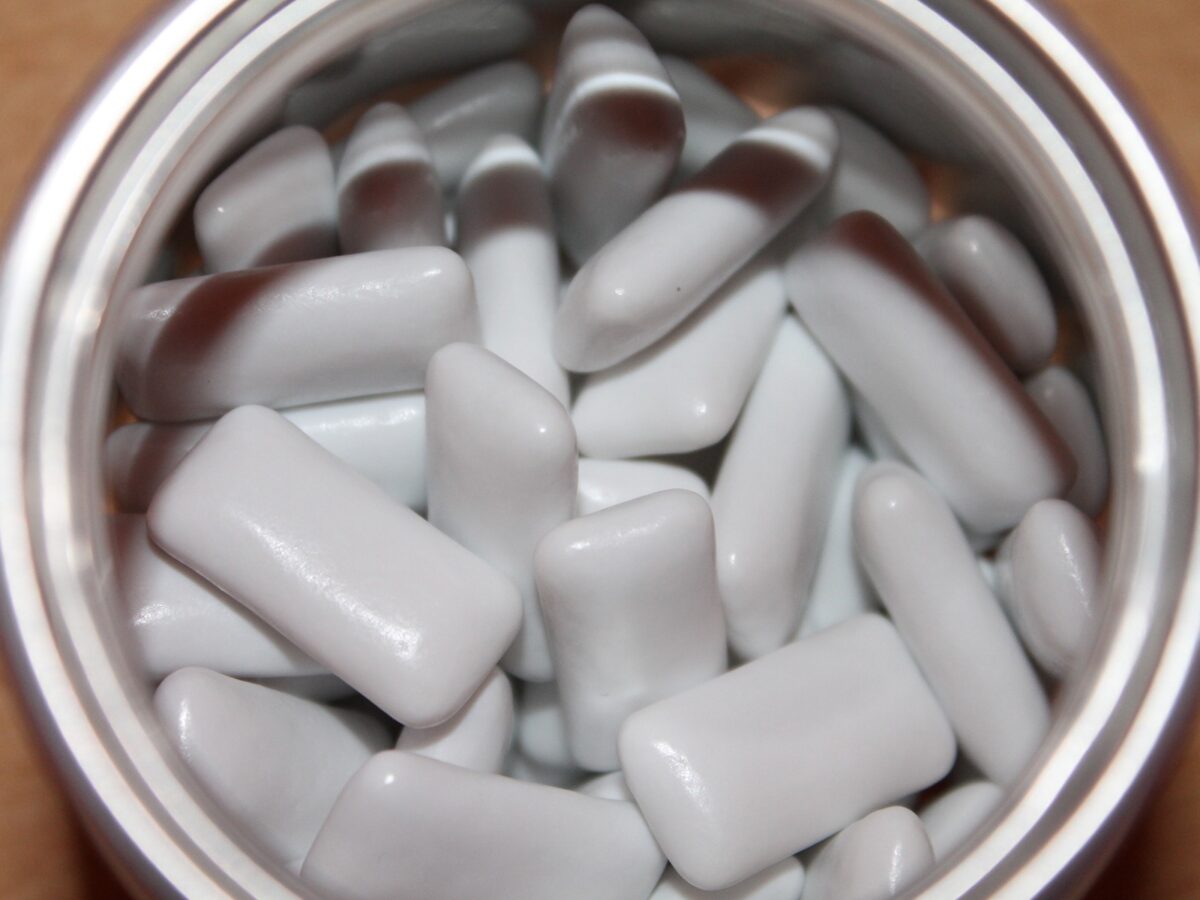Blog
Dental hygiene tips for healthy teeth & gums

Can Chewing Gum Prevent Cavities?
Most of the time, chewing gum is perceived as a dirty or annoying habit, but do you know it may help prevent cavities?
Notwithstanding regular dental exams and proper at-home hygiene, chewing gum may likewise be vital to remember for your daily practice.
Before you judge the next person you see blowing bubbles, ensure you find out with regards to how chewing gum can help prevent cavities with the below-listed information.
How does chewing gum prevent cavities?
When you chew on sugarless gum, your mouth builds its flow of saliva. Saliva washes away food and debris from your teeth, kills acids from bacteria, and also provides substances that fight diseases in your mouth. Furthermore, increased saliva carries phosphate and calcium to strengthen tooth enamel which is liable for safeguarding your teeth.
The gum likewise cleans your teeth. Food particles and bacteria from your teeth. After you bite it for ten minutes, a piece of gum has caught around 100 million bacteria from your mouth. That is the reason you want to try to discard it when you’re done-it may clean your mouth, yet the gum gets extremely filthy.
How often do you chew gum?
Before you go overboard with chewing gum, there’s a time and place to chew it that will help your dental health. For best possible results, chew gum after eating a full meal or drinking something other than water. Chewing the gum in the wake of eating or drinking will assist with washing away the debris and sugar from your teeth.
If you chew too much gum, you could begin experiencing jaw pain. On the off chance that this occurs, it’s a great idea to cut back. Studies have linked gum chewing to TMJ, particularly in teenagers. Also, sugarless sugars here and there cause an upset stomach if a lot is consumed.
Keep brushing & flossing
While chewing sugarless gum is a feasible method to prevent cavities, it should never be a replacement for brushing and flossing your teeth. It’s as yet critical to brush and floss no less than two times every day, once toward the beginning of the day and once before hitting the bed. Brushing and flossing are the best method for preventing cavities, however, it’s unlikely you’re going to brush after every meal and drink.
Schedule your appointment with a dentist today and get the treatment on time!
